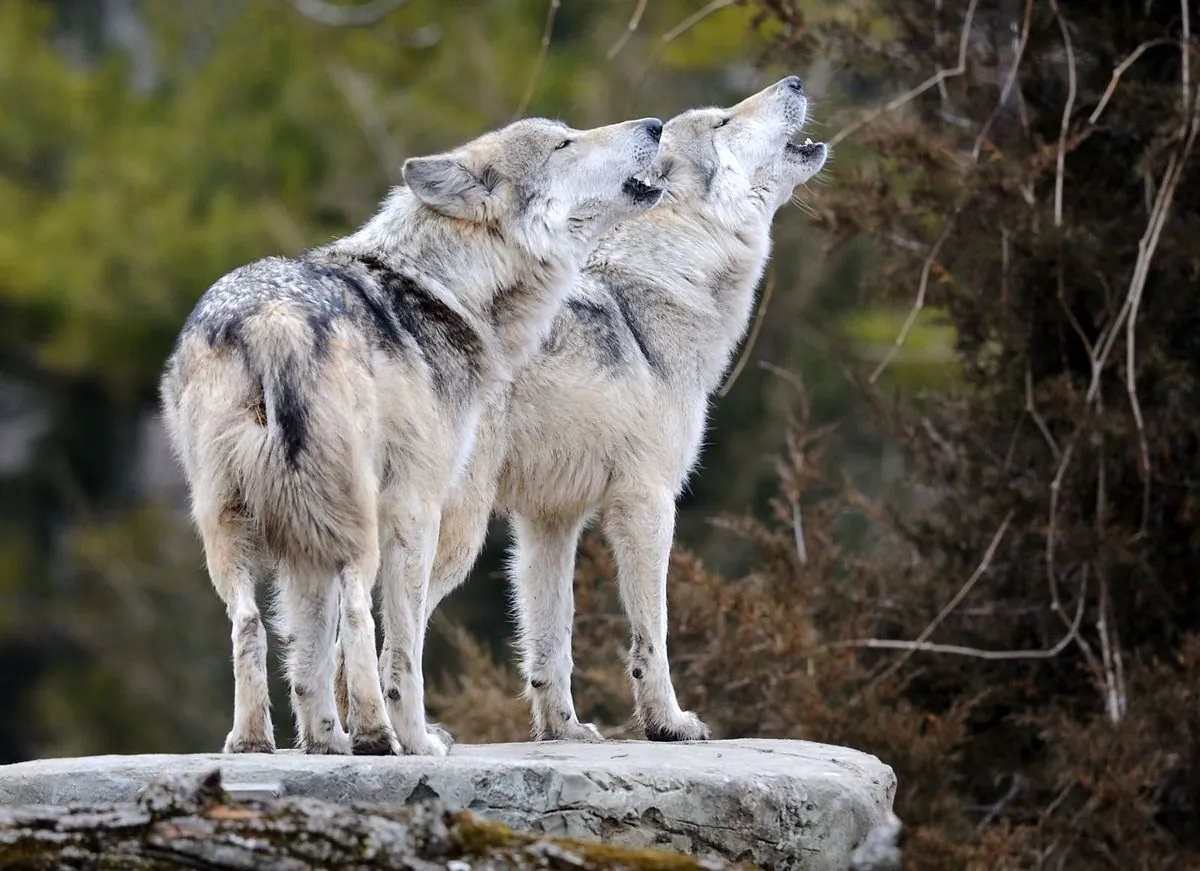The European Union is contemplating a significant shift in its approach to wolf conservation. EU ambassadors have recently voted in favor of relaxing protection measures for wolves, a decision that could have far-reaching implications for both wildlife and agriculture across the continent.
Ursula von der Leyen, President of the European Commission, experienced the impact of wolf presence firsthand when her pony fell victim to a wolf attack in 2022. This incident brought the issue to the forefront of EU discussions, highlighting the growing tension between wildlife conservation and agricultural interests.
The wolf population in Europe has seen a remarkable resurgence over the past decade. Estimates suggest that up to 19,000 wolves now roam across EU member states, with significant populations in Bulgaria, Greece, Italy, Poland, Romania, and Spain. This represents a 25% increase since 2014, a testament to the success of conservation efforts but also a source of concern for farmers and rural communities.
Wolves, once nearly eradicated from Europe by the early 20th century, have made a comeback thanks to protective measures. The European wolf, a subspecies of the gray wolf (Canis lupus), plays a crucial role in maintaining ecosystem balance by controlling deer populations. However, their resurgence has led to increased conflicts with human activities, particularly livestock farming.
The proposed change would downgrade wolves from "strictly protected" to "protected" status, potentially allowing for more flexible management strategies. This shift reflects the complex challenge of balancing conservation goals with the practical concerns of rural communities.
"We are glad to see the European Union institutions listening to the needs of farmers and rural dwellers despite the many pressures from those who often don't have to deal with the consequences of attacks. This decision will provide European livestock farmers with greater peace of mind."
On the other hand, environmental groups express concern about the potential impact on wolf conservation. The Eurogroup for Animals NGO argues that the decision ignores scientific evidence and public support for wolf protection.
The debate surrounding wolf management in Europe is not just about wildlife conservation; it reflects broader tensions between rural and urban perspectives on environmental policies. Some countries, like Spain, have implemented successful coexistence programs between wolves and farmers, demonstrating that alternative solutions are possible.
As the EU moves towards a final decision, expected in December 2024, it's clear that finding a balance between human activities and wildlife conservation remains a complex challenge. The outcome will likely have significant implications for the future of European wolves and the broader ecosystem they inhabit.
